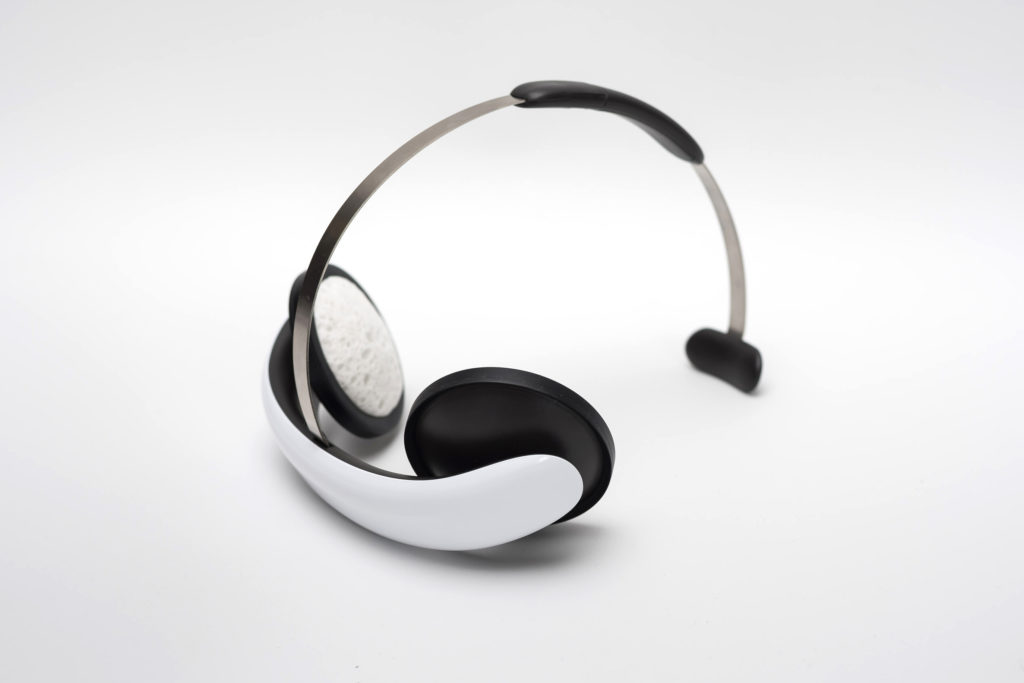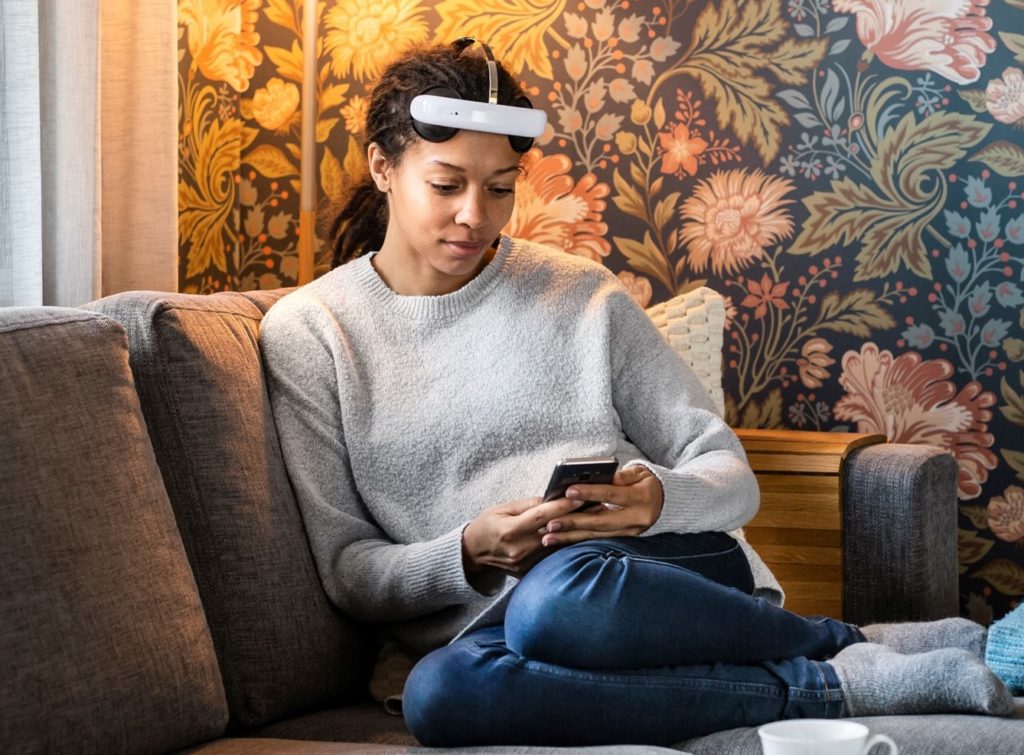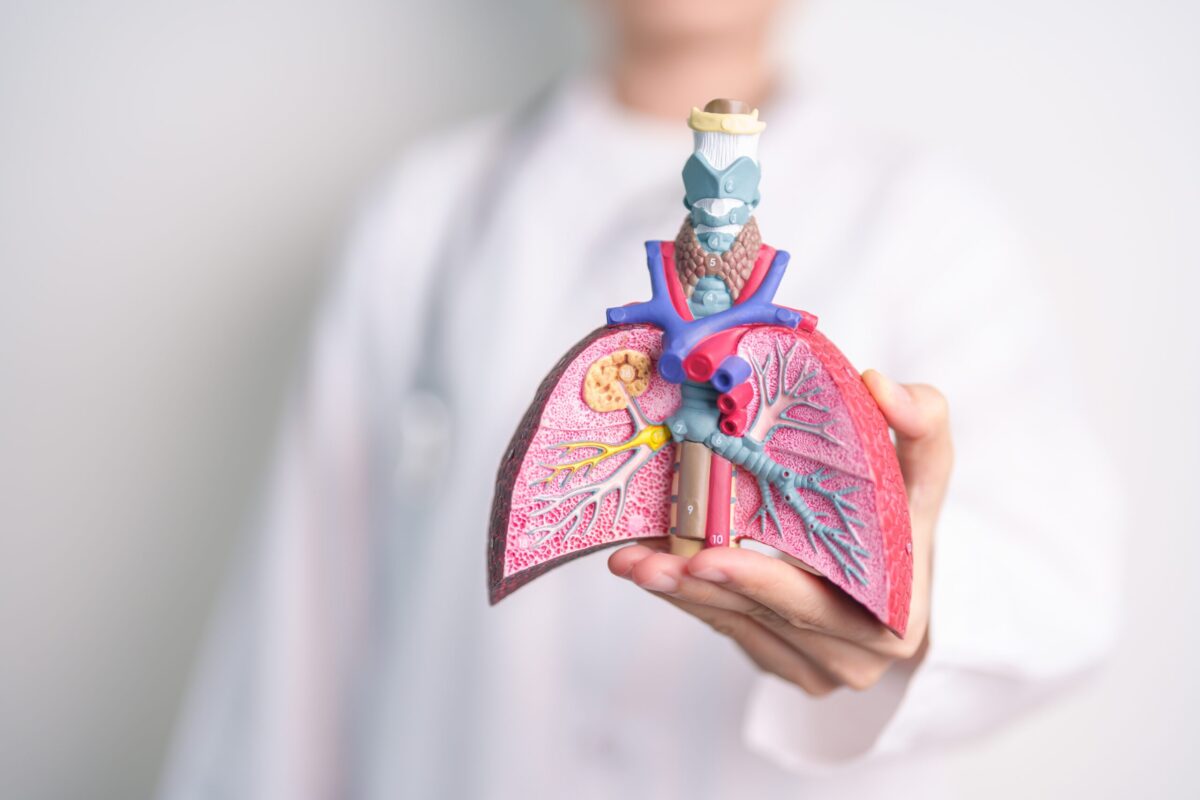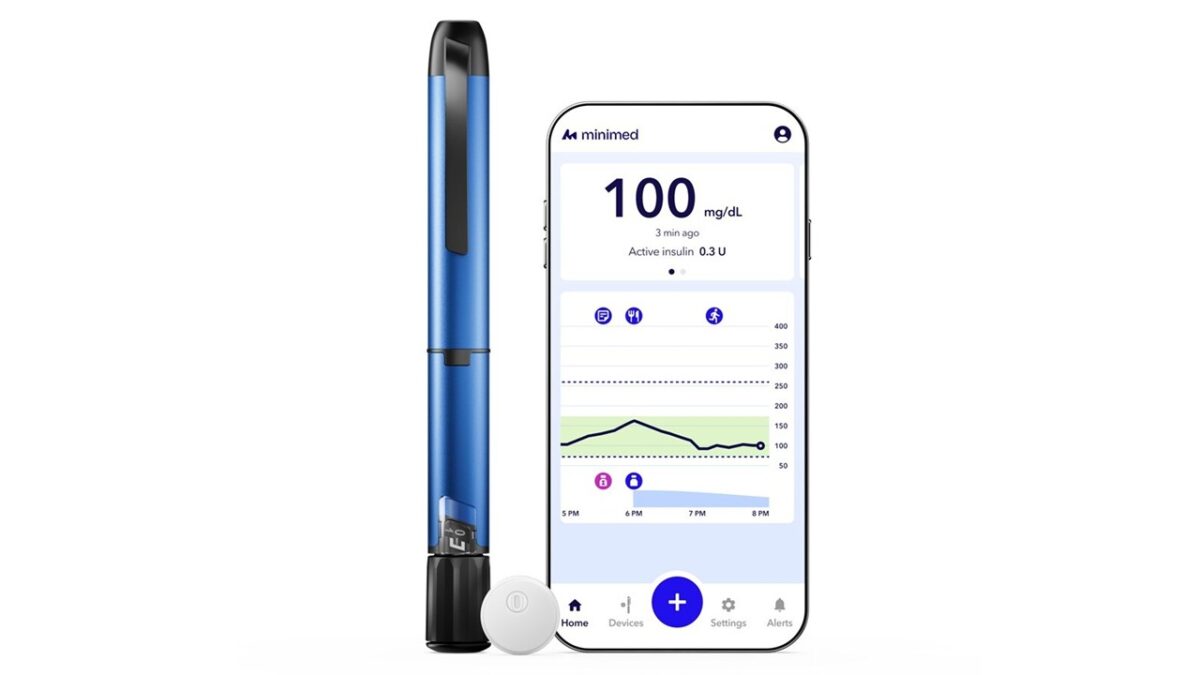Neurotech company Flow Neuroscience has acquired the rights to Halo Neuroscience’s brain stimulation technology in an effort to further its research goals of developing treatments for depression and other mental health disorders.
The company will use and further build upon Halo’s research on neuromodulation technology to enhance its current medically certified transcranial direct current stimulation (tDCS) headset for depression. The company will also collaborate with clinicians to leverage use of the new and improved headset in other areas, such as rehabilitation and motor impairment.
tDCS is a form of neuromodulation that involves delivery of a constant, low direct current via electrodes placed on the head. This stimulates neurons in specific areas to provide therapeutic benefit.
Both Flow and Halo have used neuromodulatory technologies like tDCS in their products, but for somewhat different purposes. While Malmö, Sweden-based Flow used tCDS in its medically approved brain stimulation device to treat depression, US-based Halo used it to develop a headphone-like headset to help improve movement, cognitive performance and overall wellbeing.
With acquisition of Halo’s assets, Flow will extend use of its headset neuromodulatory technology to specifically treat depression.
Flow’s device has a minimalistic design and is not bulky or cumbersome like some other cranial health wearables. The headset can be used to reduce symptoms of depression in almost any environment, including at-home settings. This provides the user a flexible and comfortable experience.
Related: New Wearable Whole Brain Scanner Can Help Diagnose and Monitor Neurological Conditions
Flow’s therapeutic approach involves use of tDCS in combination with behavioral therapy. As such, the device is paired with a behavioral therapy app which provides information and advice on understanding and managing depression. Users can read the information on their phone as they are receiving tDCS.
Mounting evidence shows that brain stimulation like tDCS can be used to treat mental illness. According to the UK’s National Health Service (NHS), brain stimulation is effective in treating unipolar depression and has similar effects to antidepressants, but without the side effects.
Far removed from electroconvulsive therapy (ECT), or shock therapies, of the past that conjure up pop culture images of patients in constraints being treated with forceful electrical bolts, tDCS involves employing a constant, but very weak, current into the brain via electrodes on the head.

This electrical current is on the magnitude of a nine-volt TV remote battery. To treat depression, the current is directed to the left frontal lobe, which is associated with cognitive skills and expression of emotion.
Halo’s headset, on the other hand, stimulates the motor cortex, which is the brain area that is involved in planning, control and voluntary movement. The device is built into an over-ear headphone set, which users can wear while exercising.
In a media release from the company, Flow co-founder and chief technology officer Erik Rehn said, “We are building on the technology Halo applied for the improvement of performance and well-being, which will revolutionize the application of tDCS for mental health disorders. By combining different neuromodulation techniques, we will be able to personalize treatments further to target brain regions with more precision. This will allow us to innovate treatments which are patient-specific and even more efficient and reliable.”
Flow co-founders Daniel Mansson, a trained clinical psychologist, and Erik Rehn, a neuroscientist with a background in artificial intelligence and electrical engineering, teamed up in 2016 to form the company. Guided by a mission to “use science and technology to help as many people with depression as possible,” the partners say they want to make depression treatment simple and accessible for everyone.
Flow co-founder and CEO Daniel Mansson says Halo’s technology and academic research complement Flow’s mission and background in an “almost magical” way.
Halo CEO and co-founder Brett Wingeier said, “Flow is the best possible successor and a great home for everything we built at Halo with the help of our team, our customers and our collaborators.” Wingeier will now support Flow as an advisor.
The market for neuromodulatory devices is predicted to grow significantly as patients and clinicians turn to non-pharmaceutical interventions to treat mental illnesses.
Moreover, Flow says that the impact of ‘long COVID’ should also be considered post pandemic. Lingering COVID-19 symptoms can include headache, fatigue and breathlessness, among others, which may necessitate rehabilitation. Flow said it wants to focus on tDCS for rehabilitation, and long COVID recovery could fit neatly into this.
With a number of neurostimulation devices hitting the market, Flow hopes to add to the flow with its new and improved tDCS-based design.












Join or login to leave a comment
JOIN LOGIN